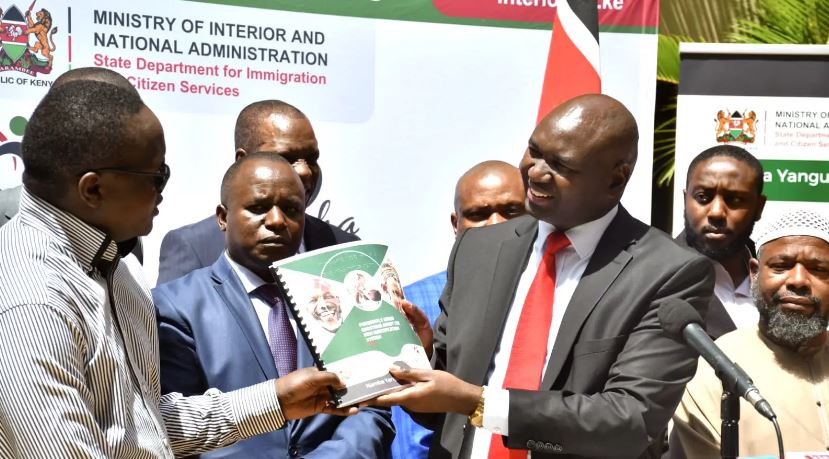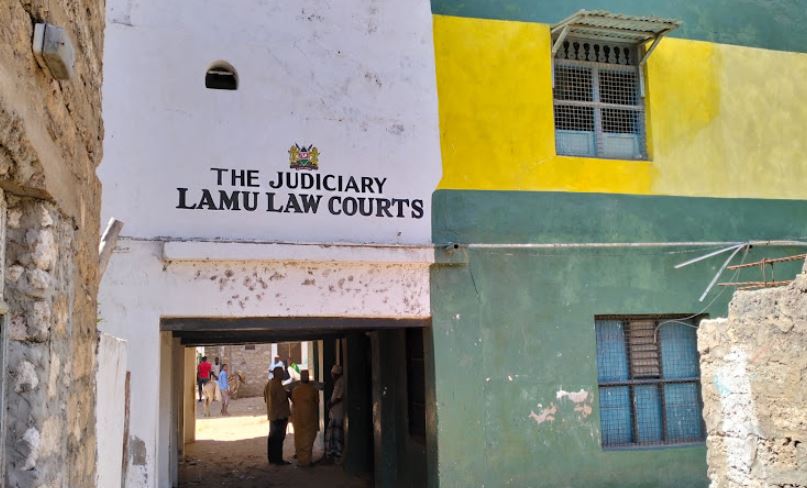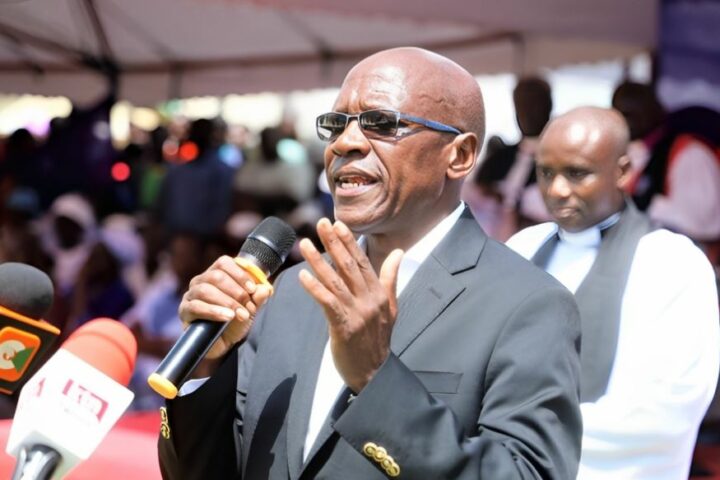 First-time ID applicants will receive the new Maisha Cards in a pilot program introducing digital registration of Kenyan citizens.
First-time ID applicants will receive the new Maisha Cards in a pilot program introducing digital registration of Kenyan citizens.
Additionally, citizens applying for replacements due to defaced or lost ID cards will be issued the new card with enhanced security features. This will serve as a test of the government’s readiness for a comprehensive rollout of digital IDs.
Prof. Julius Bitok, the Permanent Secretary for Immigration and Citizen Services, stated that Kenyans who have recently turned 18 and those applying for duplicate cards will be prioritized as the first recipients of the new Maisha card.
“All Kenyans turning 18 years in whichever part of Kenya will be issued with a Maisha Card on a pilot basis. This way, we will establish whether there are any errors or issues before we do the penultimate launch.”
The National Registration Bureau processes approximately 10,000 applications for first-time IDs daily nationwide. Additionally, an average of 5,000 requests for duplicate cards are submitted both at its offices and at Huduma Centres every day.
Addressing members of the Civil Society in a briefing session on digital ID, the Permanent Secretary stated that the government expects valuable feedback on the prerequisites for a successful mass replacement of the existing IDs.
He emphasized the government’s commitment to avoiding the pitfalls experienced during the unsuccessful introduction of Huduma Namba.
PS Bitok said the pilot phase will be used to tackle potential challenges, incorporate more public participation, and conduct sensitization sessions for stakeholders.
To bolster security and mitigate the risk of forgery, the Maisha card will incorporate a microprocessor electronic chip with encrypted data. It will also include features that facilitate the establishment of a virtual ID called Maisha Digital ID for individuals with smartphones.








